I can no longer travel, can’t meet with strangers, can’t sign books but will sign labels with SASE, can’t write by request, and can’t answer letters. I’ve got to read and concentrate. Why? Beats me.
Annie Dillard
Either we set limits or others, including miscellaneous robocallers, set them for us.
Practice: To reclaim your time, discard an activity. Drop a subscription. Quit ironing. Make a topic a no-go zone. Declare yourself too busy to babysit — or clear your schedule so you can devote more time to it.
Advanced practice: Stop explaining the limits you set, even to yourself. “Beats me” is sufficient. As is a shrug.
Related practices: Done, Self-attack, Authentic
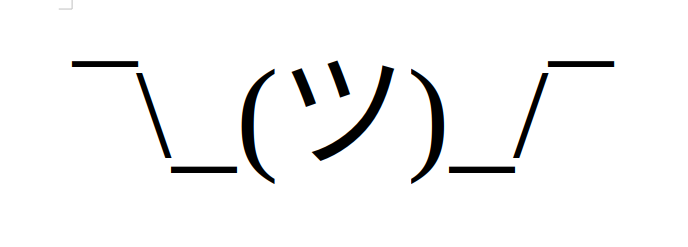
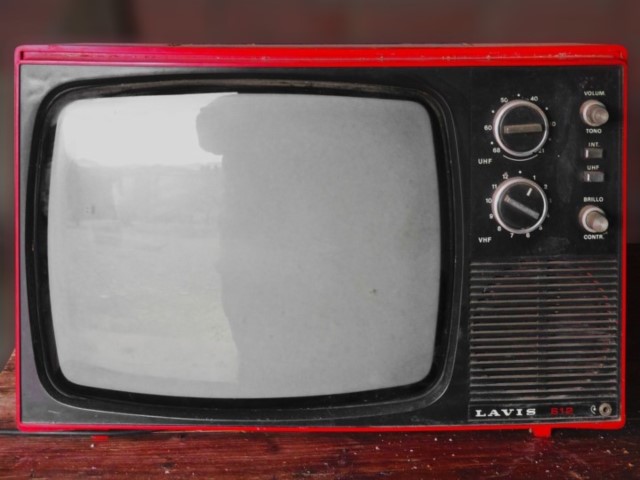
 U.S.Public Health Service, Hazardous Duty Ribbon
U.S.Public Health Service, Hazardous Duty Ribbon
 Nicholas Mutton
Nicholas Mutton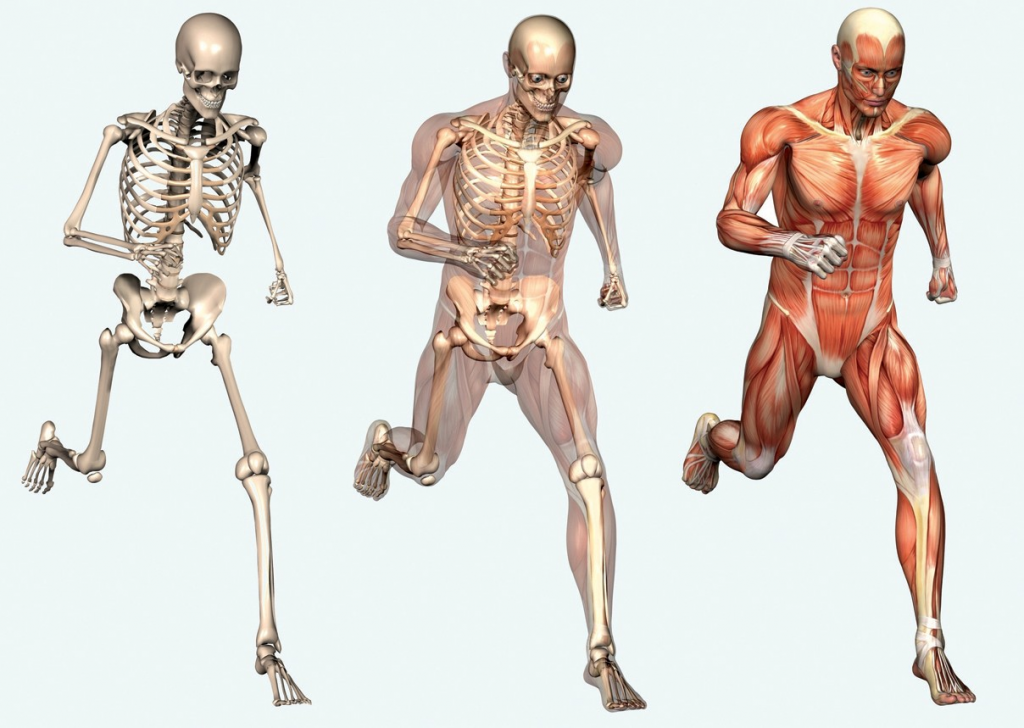 Human Anatomy 101
Human Anatomy 101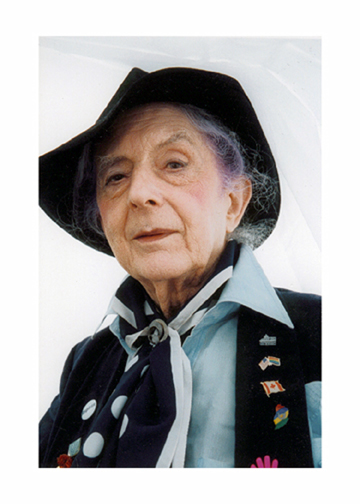 Quentin Crisp
Quentin Crisp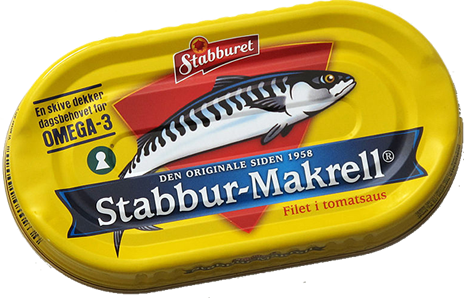
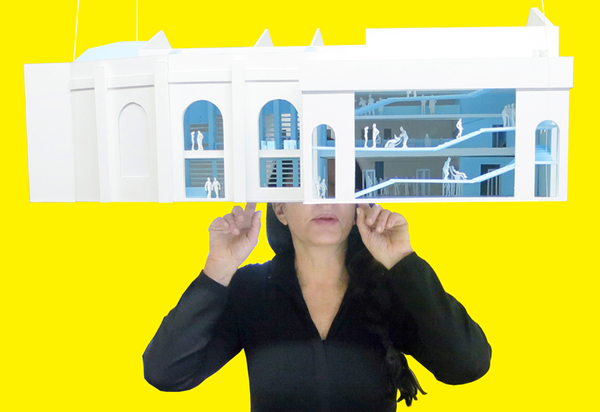 Maria Abramovic
Maria Abramovic Elizabeth Moore Golding
Elizabeth Moore Golding